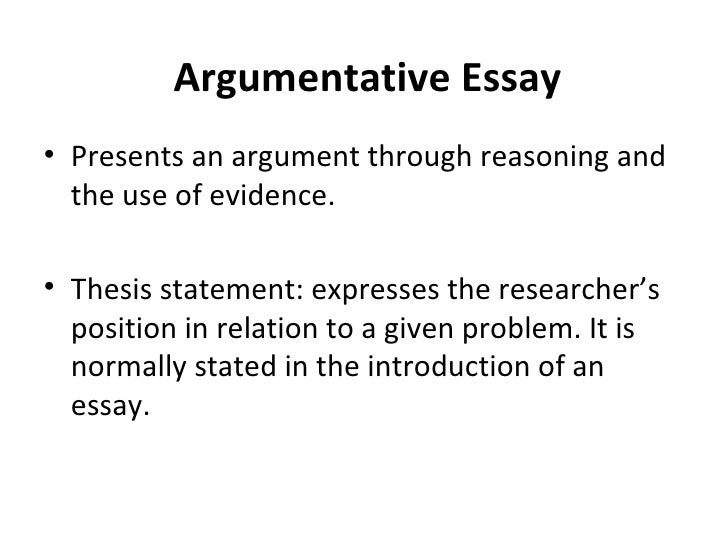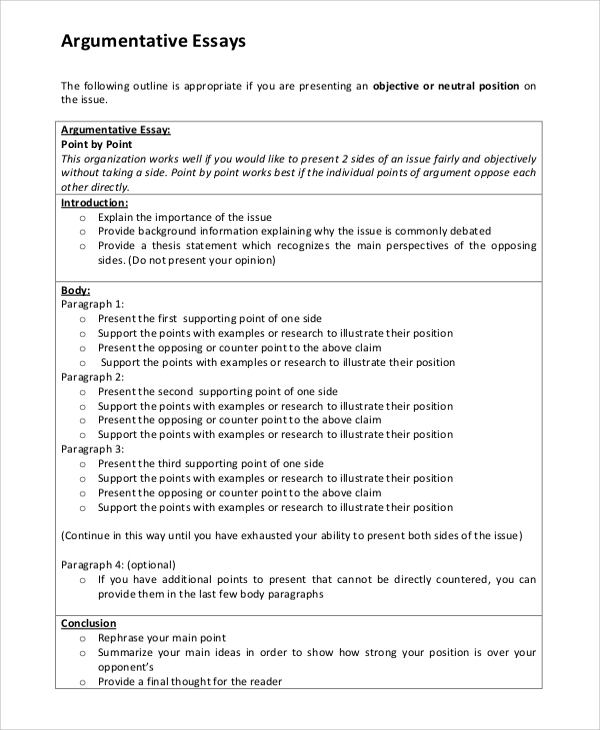
Oct 31, · The word argument is derived from the Latin word “arguer,” which means “to make clear.”. An essential aspect of academic writing is arguing and discussing. This involves proposing a claim and offering a rational reason with help of evidence that strengthens an author’s point of view Academic Arguments - Writing a Paper - Academic Guides at Walden University My second tip when it comes to developing an academic argument would be to set a good claim for the overall argument. The claim is what draws the attention while filling it some of the main key points In academic writing, an argument is usually a main idea, often called a “claim” or “thesis statement,” backed up with evidence that supports the idea. In the majority of college papers, you will need to make some sort of claim and use evidence to support it, and your ability to do this well will separate your papers from those of students who see assignments as mere accumulations of fact and detail
Developing an Argument in Academic Writing - Enago Academy
The following Writing Guides are available. To view guides, click on the list of catgories on the list below. You may view or hide descriptions of the guides. These guides are the result of a joint effort of the Writing CSU project and the Colorado State University Writing Center. Development of these guides began inwhen the original Online Writing Center was developed for campus use at Colorado State University. Several guides were developed in Asymmetrix Multimedia Toolbook and then migrated to the web in Over the years, additional guides were developed and revised, argument in academic writing, reflecting the efforts of many argument in academic writing and writing teachers.
We thank them for their generosity, argument in academic writing. You can learn who developed a particular guide by clicking on the "contributors" link in that guide. Inthe guides were moved into a content management system developed for the Writing CSU site.
Members of the staff in the Colorado State University Writing Center were among the group that migrated the guides to the new system.
We are particularly grateful to Carrie Lamanna, Patricia Lincoln, Aubrey Johnson, Christina Shane, Jennifer Lawson, Karen Buntinas, and Ellen Palmquist for their efforts in migrating, editing, and updating the guides. My Page. Writing Center. Home Writing Guides. View the Guides Help Pages. Writing and Speaking. Composing Processes: Planning and Organizing. Composing Processes: Drafting, Designing, and Revising.
Writing Arguments. Argument in academic writing for the web. Collecting Information. Working with Sources. Documenting Sources. Writing about Literature. Writing in Business. Writing in Engineering. Writing in the Sciences. Writing in Your Career.
General Research Issues. Qualitative Research Methods. Quantitative Research Methods. Scholarly Publishing.
Part I: Making an Argument - Introduction to College Writing Series
, time: 6:14Academic Arguments - Writing a Paper - Academic Guides at Walden University

Academic Arguments - Writing a Paper - Academic Guides at Walden University My second tip when it comes to developing an academic argument would be to set a good claim for the overall argument. The claim is what draws the attention while filling it some of the main key points Writing Arguments: An Overview. Academic Arguments. An academic argument is a formal argument constructed according to the specific conventions of the academic discipline in which it is presented. A literature argument, for instance, will typically include evidence from the literary text in question; a biology argument will include data from In academic writing, an argument is usually a main idea, often called a “claim” or “thesis statement,” backed up with evidence that supports the idea. In the majority of college papers, you will need to make some sort of claim and use evidence to support it, and your ability to do this well will separate your papers from those of students who see assignments as mere accumulations of fact and detail
No comments:
Post a Comment